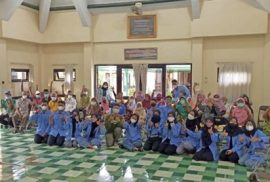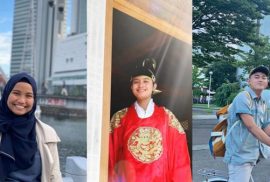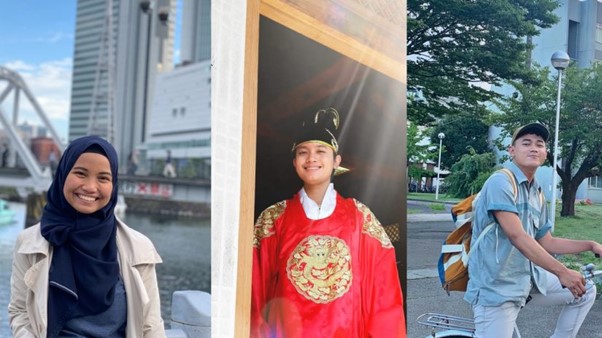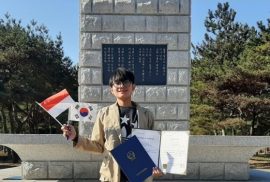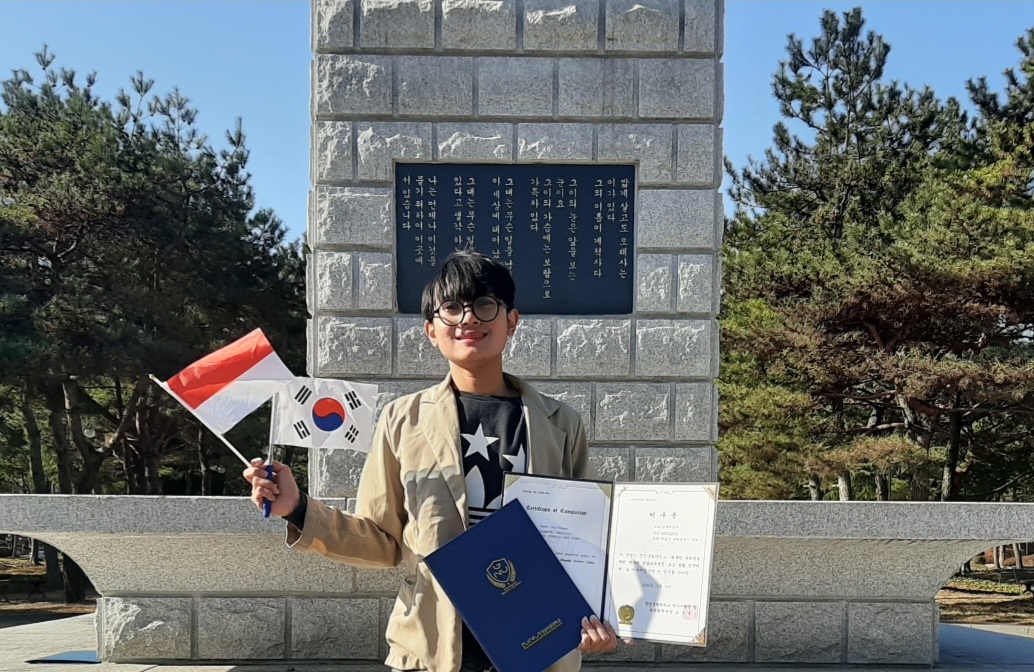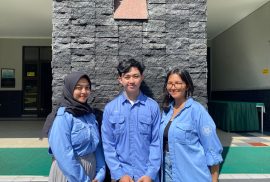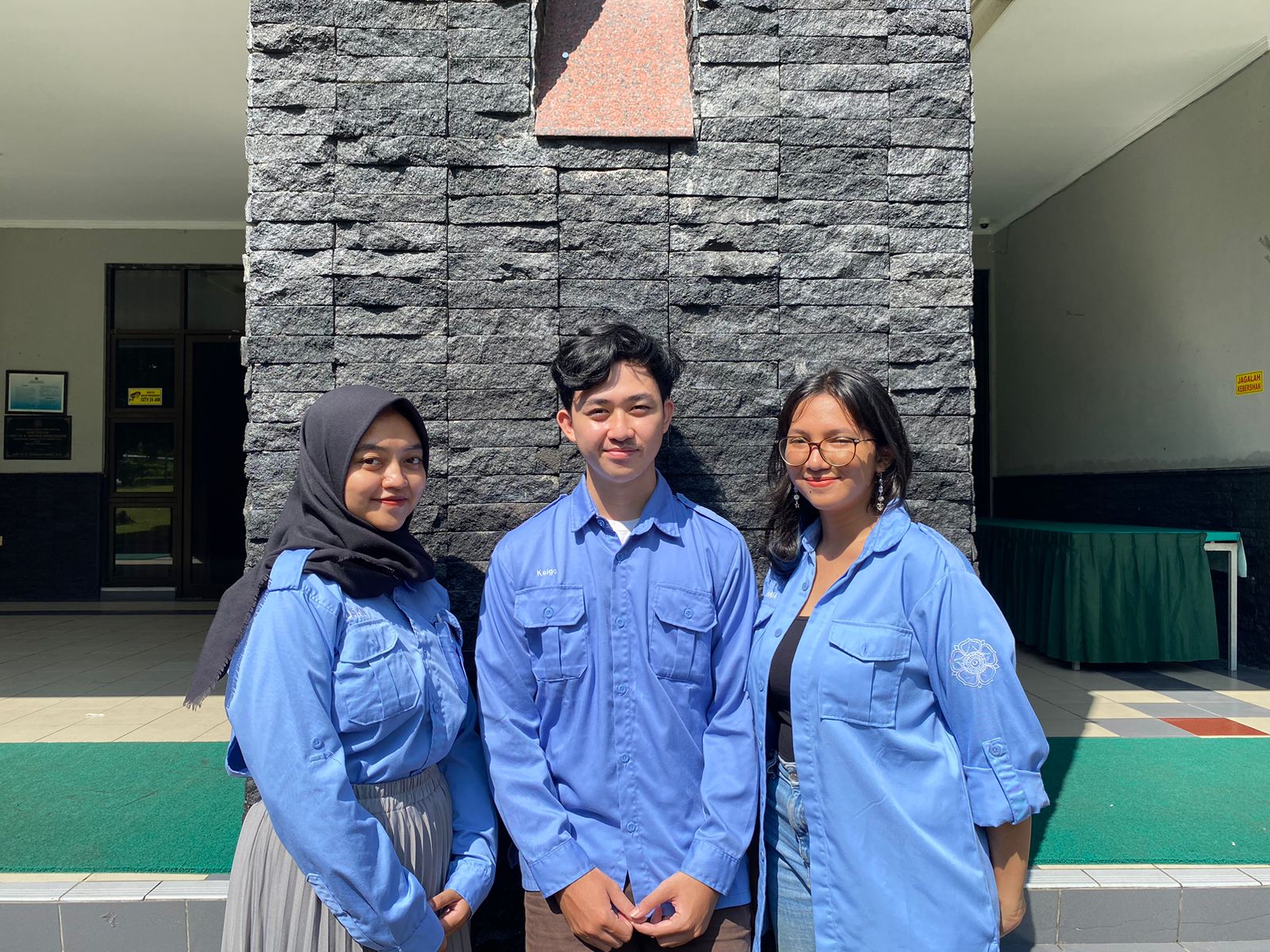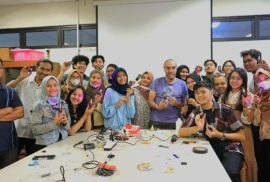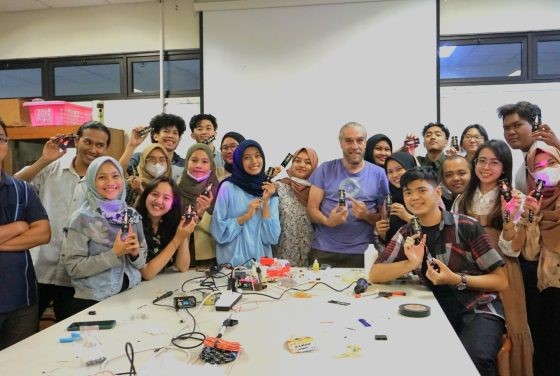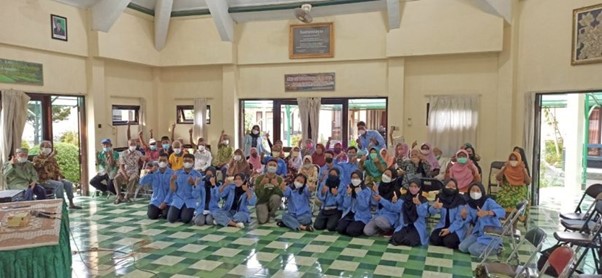
Agricultural Microbiology Students who are members of PERMAHAMI (Perhimpunan Mahasiswa Mikrobiologi) or Agricultural Microbiology Student Association on Saturday, June 25th 2022 held a Charity activity at the Budi Dharma Elderly Service Home located in Giwangan, Yogyakarta. Bagi Bagi Berkah (BBB) which means sharing and giving blessings is one of the work programs of PERMAHAMI’s Department of Social Affairs. BBB aims to increase the social care of all PERMAHAMI members. This activity was also carried out in the context of sharing kindness amid the COVID-19 pandemic which caused various negative impacts from an economic perspective as well as a form of respect and appreciation among people. Activities are carried out by adhering to health protocols and keeping the food and drinks distributed in good condition and sterile. In addition, donations were made in the form of donations of funds to all residents of the orphanage.

